Is There A Tv That Runs On Batteries

In an era defined by ubiquitous connectivity and increasingly mobile lifestyles, the quest for truly portable entertainment solutions continues. The concept of a television powered solely by batteries, untethered from power outlets, has captured the imagination of many. But is this technological dream a practical reality, or merely a futuristic fantasy?
This article delves into the feasibility of battery-powered televisions, examining existing technologies, limitations, and potential future innovations. We will explore the energy demands of modern displays, the capabilities of current battery technology, and the trade-offs between screen size, battery life, and overall practicality. The analysis will also consider alternative approaches to portable entertainment and assess whether battery-powered TVs offer a genuine advantage over existing solutions.
The Energy Demands of Modern Televisions
Modern televisions, particularly those with large screens and high resolutions like 4K or 8K, consume a significant amount of power. The energy consumption depends on factors such as screen size, display technology (LCD, LED, OLED), brightness settings, and the presence of features like HDR. LCD and LED TVs generally consume more power than older CRT (Cathode Ray Tube) models, while OLED TVs offer better energy efficiency at lower brightness levels.
According to data from the U.S. Department of Energy's Energy Star program, a typical 55-inch LED TV consumes between 50 and 150 watts of power during operation. A larger 65-inch or 75-inch TV can easily exceed 200 watts. These figures highlight the considerable challenge of powering a television with batteries for any significant duration.
Battery Technology: Capabilities and Limitations
Battery technology has advanced significantly in recent years, with lithium-ion batteries becoming the standard for portable devices. These batteries offer high energy density, relatively low weight, and long lifecycles. However, even the most advanced lithium-ion batteries have limitations in terms of energy storage and discharge rate.
To power a television drawing 100 watts for, say, 4 hours, one would need a battery capable of delivering 400 watt-hours of energy. Such a battery would be substantial in size and weight, making the television far less portable and considerably more expensive.
"While battery technology is constantly improving, the energy density required to power a large-screen TV for an extended period remains a significant hurdle," says Dr. Emily Carter, a materials scientist specializing in battery technology.
Current "Portable" Television Solutions
While a truly battery-powered, large-screen TV remains elusive, several existing products offer portable entertainment options. These typically involve smaller screens, lower resolutions, and more energy-efficient display technologies. Many of these devices also rely on external power sources for extended use.
These devices often incorporate rechargeable batteries, but their viewing time is limited. For instance, some portable DVD players with built-in screens offer a few hours of playback on a single charge. Similarly, small portable monitors can be powered by USB connections to laptops or power banks, but they are not truly independent battery-powered televisions.
Alternative Approaches and Future Possibilities
Instead of focusing solely on battery-powered televisions, other approaches to portable entertainment may prove more fruitful. Smartphones and tablets with streaming services offer high-resolution displays and access to vast libraries of content. Projectors, particularly mini-projectors, provide a large screen experience with relatively low power consumption.
Advancements in display technology, such as more energy-efficient OLED panels and microLED displays, could reduce the power demands of future televisions. Furthermore, breakthroughs in battery technology, such as solid-state batteries or novel battery chemistries, could significantly increase energy density and make battery-powered televisions more practical. It's even possible that advancements in wireless power transmission could allow TVs to operate without direct battery connections.
In conclusion, while a truly portable, battery-powered television with a large screen and long battery life remains a challenge, advancements in display and battery technologies offer hope for the future. For now, alternative portable entertainment solutions like tablets, smartphones, and mini-projectors provide a more practical means of enjoying content on the go. As technology advances, the dream of a battery-powered TV may one day become a reality.





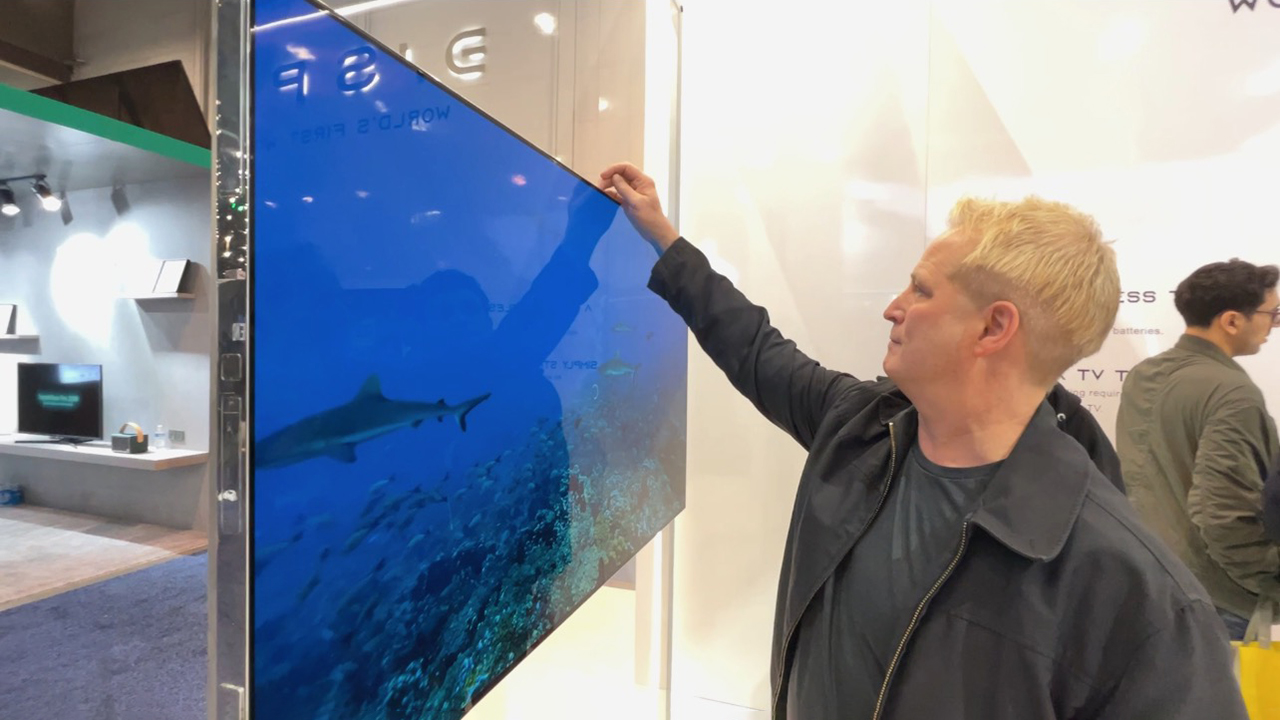
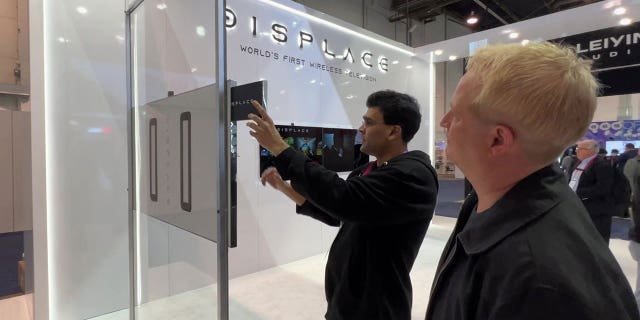

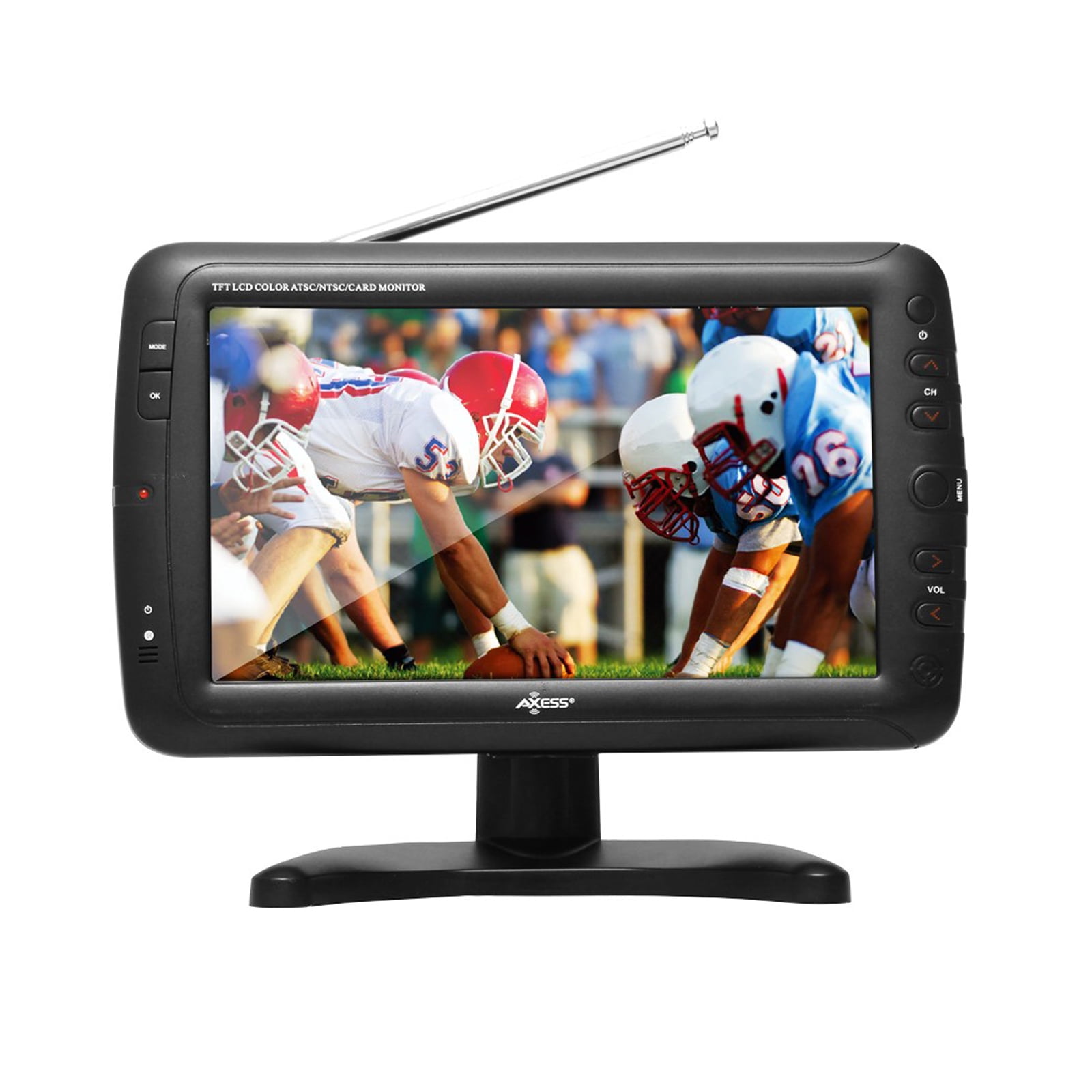

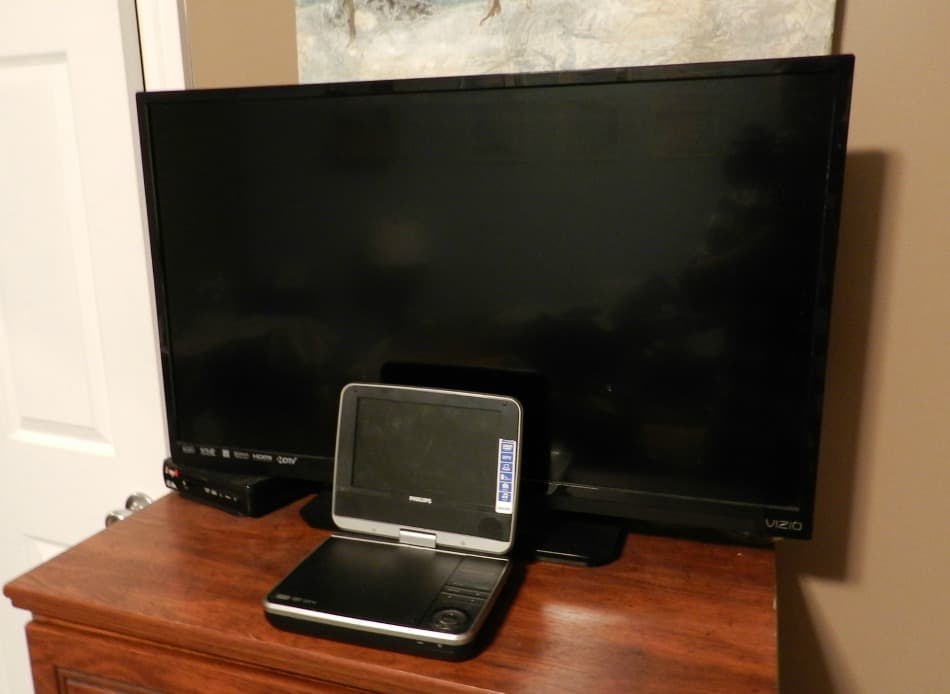

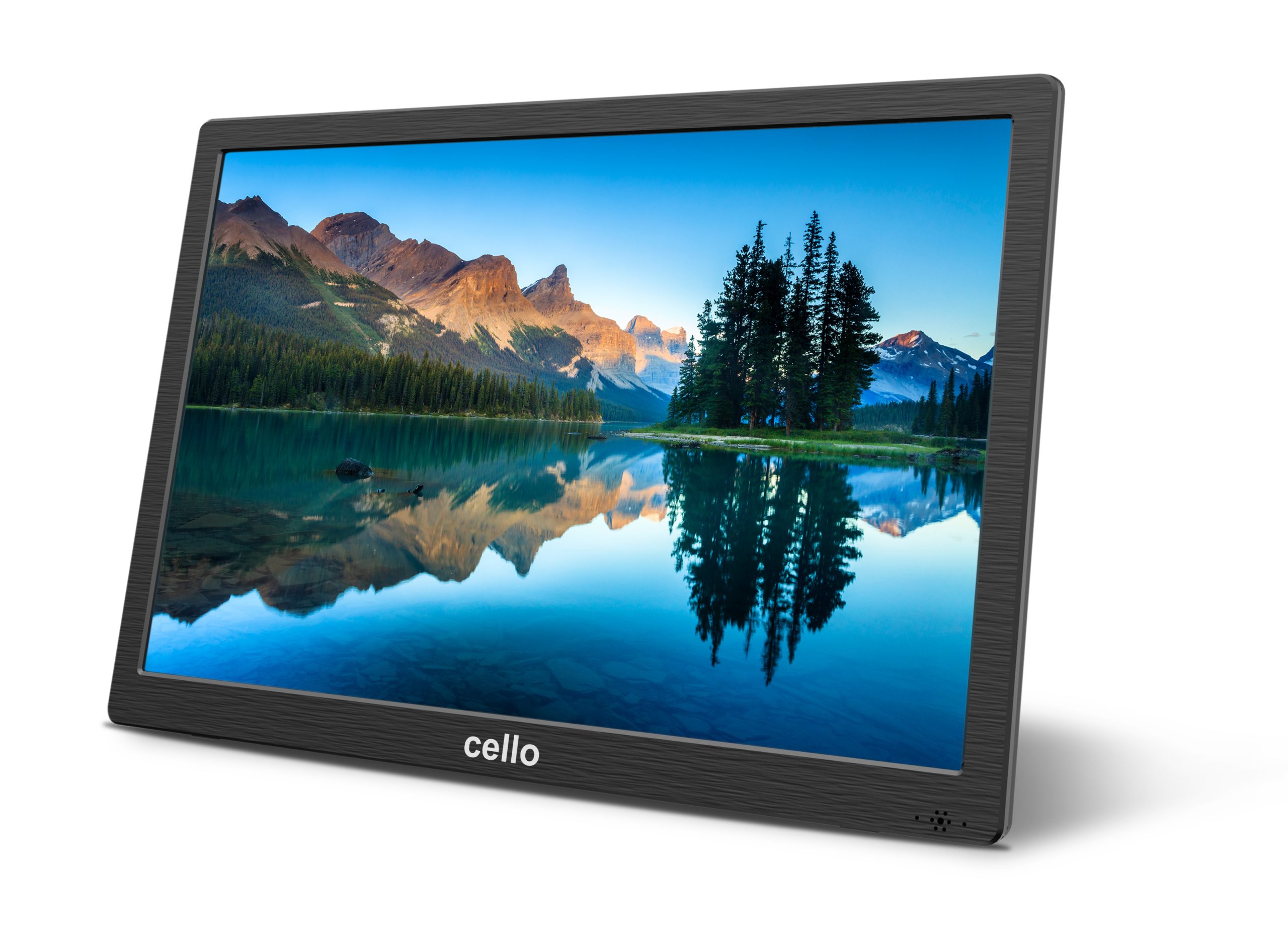
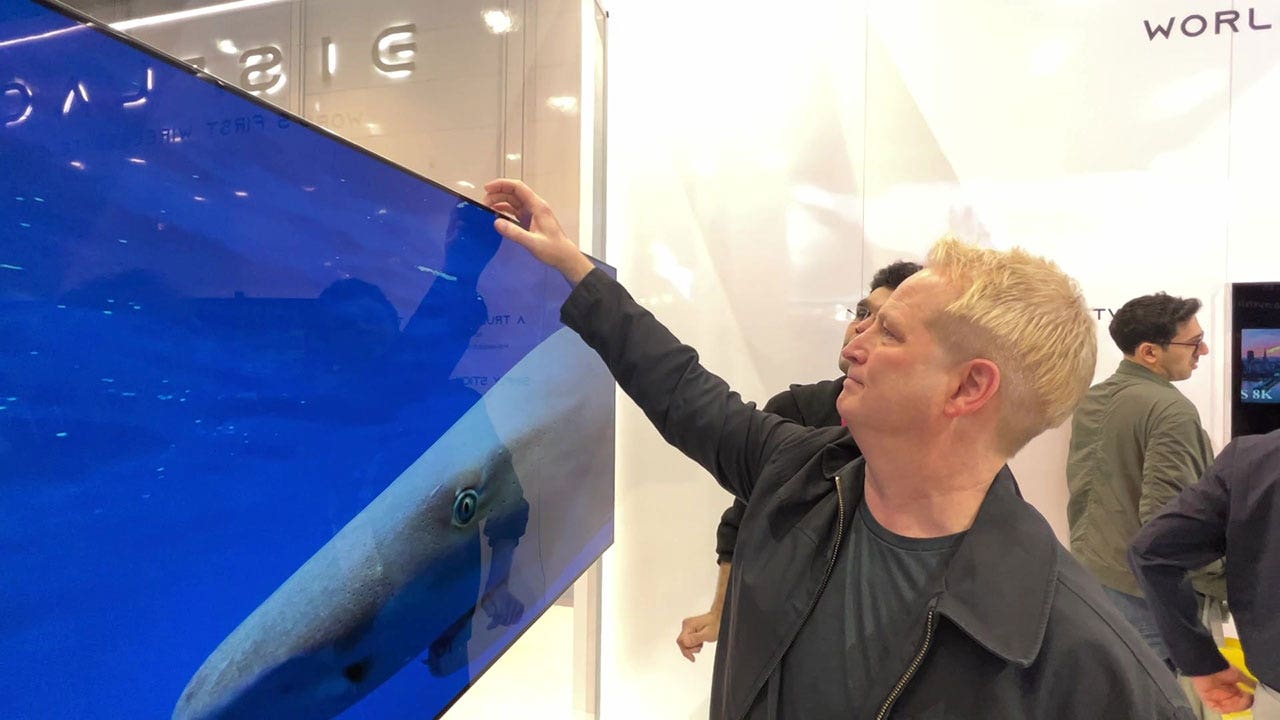

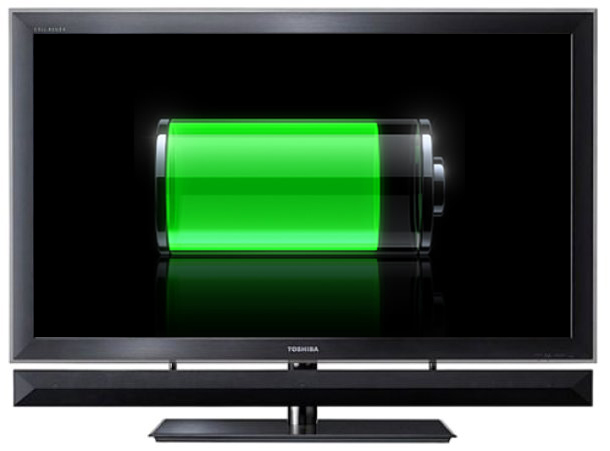
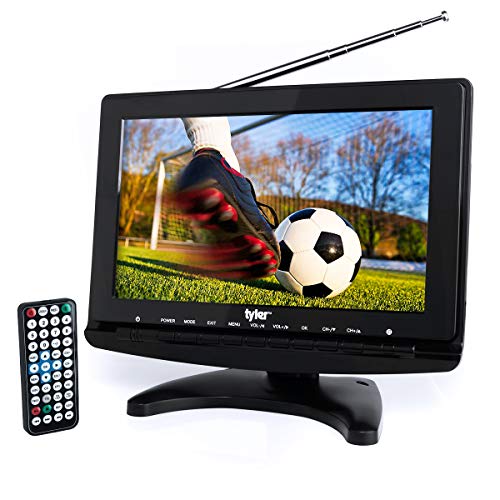
/cdn.vox-cdn.com/uploads/chorus_image/image/70267630/LG_StanbyME_Kitchen.0.jpg)
